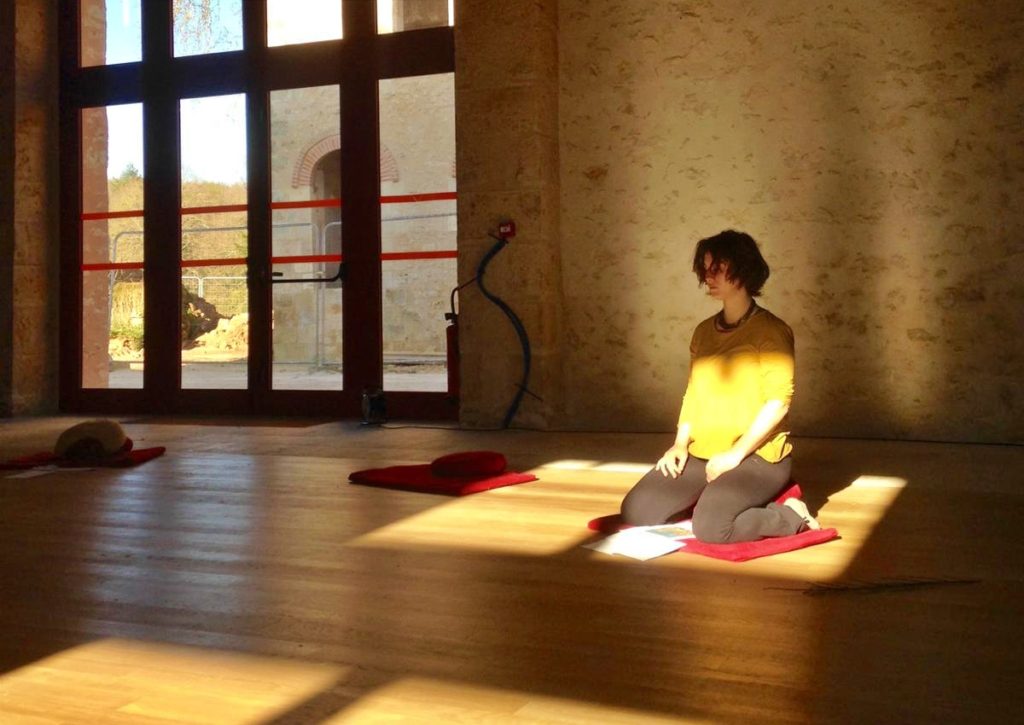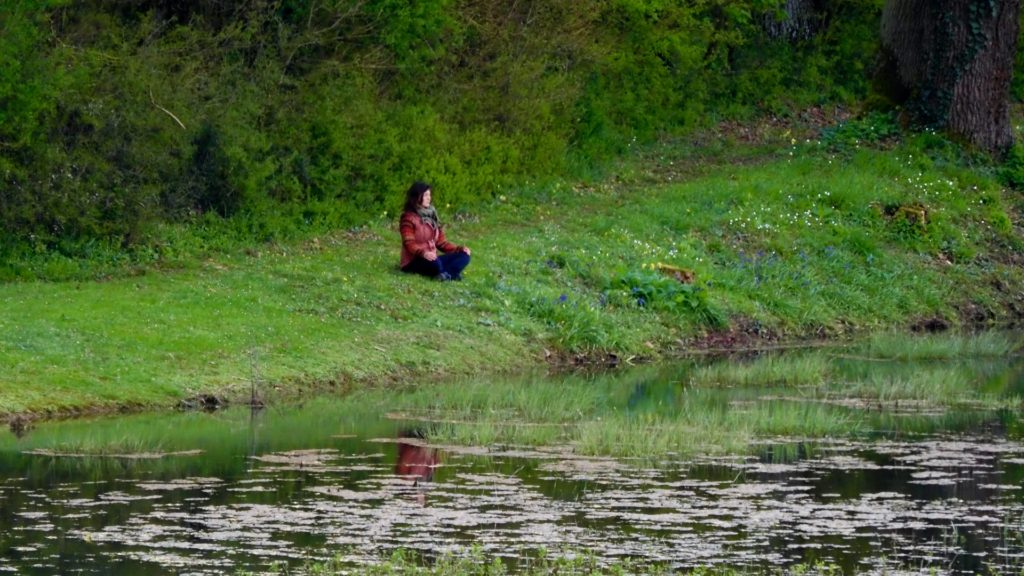A universal spiritual tradition

We find it in all the great religious traditions of the human family. Meditation takes us to the depths of our being, to our true self. It opens up the common ground that lies at the heart of our humanity and all traditions.
In Christianity this tradition of contemplation, the prayer of the heart or ‘apophatic prayer’, became marginalised and often even sometimes suspect. But in recent times a major recovery of the contemplative dimension of Christian faith -and prayer – has been happening. This is transforming the different faces of the Church and revealing the way the Gospel integrates the mystical and the social. Central to this process now is the rediscovery of how to pray in this dimension and at this depth: finding a practice of meditation in the Christian tradition. The World Community teaches a practice derived from the Gospel teaching of Jesus and the advice of early Christian monks. The Desert Fathers and Mothers teach a Christian spirituality of powerful relevance for those today who want to jive their discipleship to Jesus in a radical and simple way.
John Main and the community he inspired has had a major role in this contemporary renewal of the contemplative tradition. His own introduction to meditation came to him from the universal wisdom but led him to recognise and then go on to teach it as a way of prayer rooted in the Gospels and the Christian mystical tradition.
How to Meditate?

Sit down. Sit still with your back straight. Close your eyes lightly. Then interiorly, silently begin to recite a single word – a prayer word or mantra. We recommend the ancient Christian prayer-word “Maranatha”. Say it as four equal syllables. Breathe normally and give your full attention to the word as you say it, silently, gently, faithfully and – above all – simply.
The essence of meditation is simplicity. Stay with the same word during the whole meditation and in each meditation day to day. Don’t visualise but listen to the word, as you say it. Let go of all thoughts (even good thoughts), images and other words. Don’t fight your distractions: let them go by saying your word faithfully, gently and attentively and returning to it as soon as you realise you have stopped saying or it or when your attention wanders.
Meditate twice a day, morning and evening, for between 20 and 30 minutes. It may take a time to develop this discipline and the support of a tradition and community is always helpful.
The School of Meditation offers more resources to support your practice: online courses, audio, video, readings and much more:
